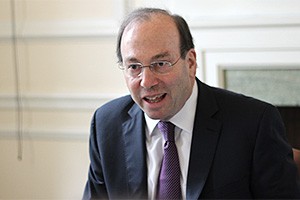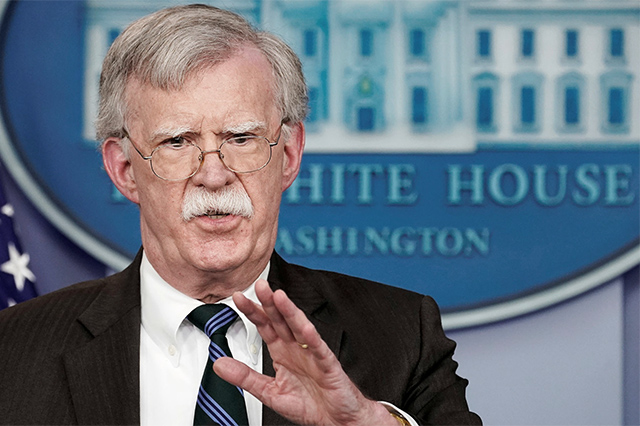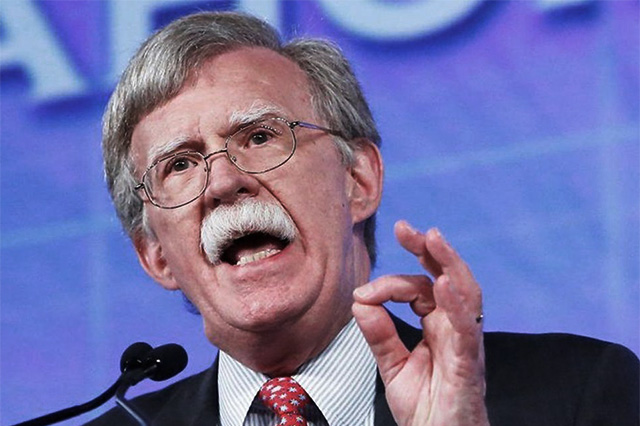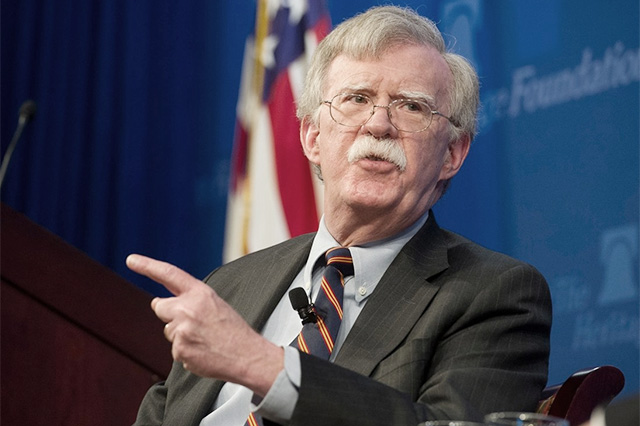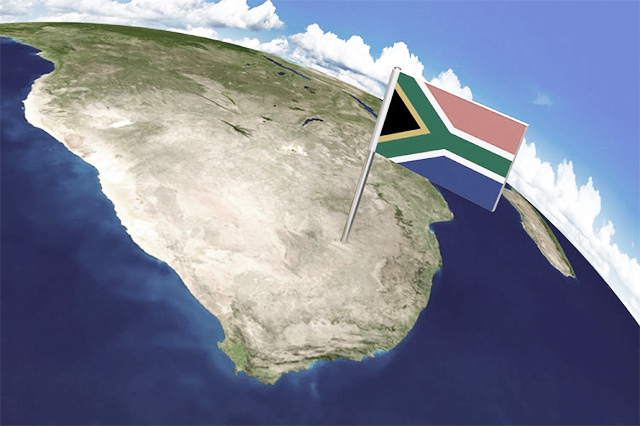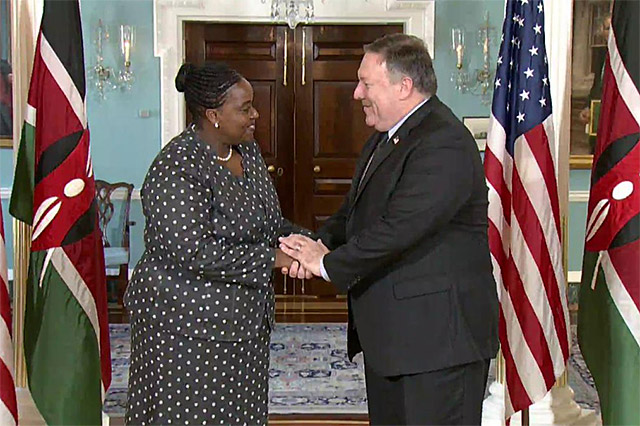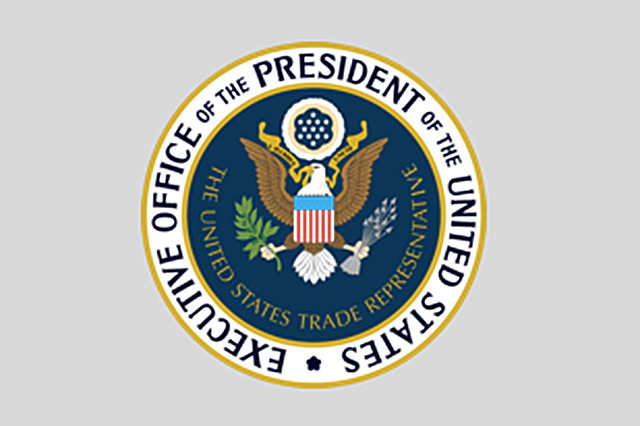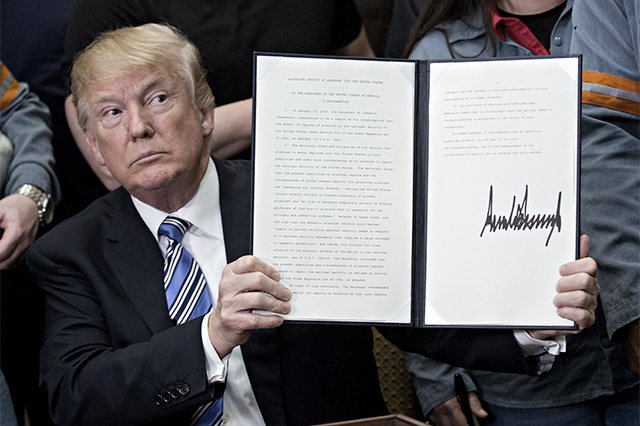Will Trump upend bipartisan consensus on US-Africa policy?
For Africa, at stake in this election of Donald Trump is the strong bipartisan consensus in Congress that has been the cornerstone of U.S. policy toward the continent for the last three administrations.
This consensus, supported by Presidents Clinton, Bush, and Obama, was predicated on the notion that Africa has opportunities worth U.S. attention and investment.
In the past two decades, Congress not only passed the African Growth and Opportunity Act (AGOA), but also enacted transformative initiatives such as the President's Emergency Program for AIDS Relief (PEPFAR), created the Millennium Challenge Corporation (MCC) and, more recently, passed the Power Africa Act, the Food Security Act, and AGOA's extension.
Will a Trump administration seek to weaken or overturn these and other legislative initiatives? Hopefully not. Nevertheless, there is no evidence that Africa will be a priority for President Trump in the way it has been for his three immediate predecessors. In fact, there is every reason to expect that, under a Trump administration, the U.S. will be less engaged in Africa especially where it concerns the expenditure of taxpayer resources on economic development initiatives.
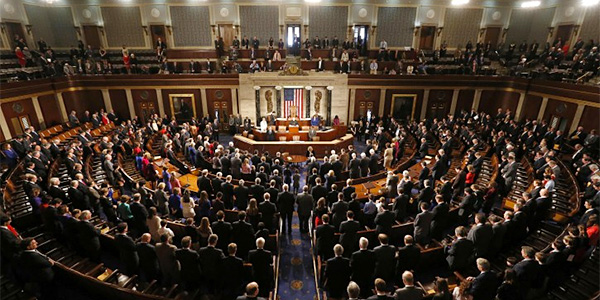
AGOA
AGOA could easily be the first casualty under Trump. While its benefits have been uneven, the legislation has served as a key framework for U.S.-African relations. It has led to trade and investment being at the forefront of U.S. policy in the region. AGOA has encouraged African women in trade and led to the creation of the African Trade Hubs (rebranded as Trade and Investment Hubs under Obama) to help African companies access AGOA. More recently, the Obama administration has been working to develop a new trade architecture based on reciprocity that would ultimately replace AGOA's unilateral preference regime.
Over the last decade, however, the European Union has aggressively implemented Economic Partnership Agreements across the continent that require African governments to grant European goods, services, and companies preferential access. American products increasingly are at a significant tariff disadvantage in Africa. With the outcome of the November 8 election, Trump is more likely to see AGOA as a "bad" trade deal than an innovative economic development program based on stimulating light manufacturing and trade. Hopefully the Trump administration will make a careful assessment of AGOA and the African trade environment before acting.
Partnership or paranoia
In the post-Cold War era, the U.S. has worked with some success to transform its relationship with African governments from that of donor-recipient to one based on mutual benefit. While still a work in progress, there have been strides forward.
All U.S. assistance is now based on grants instead of loans. African governments have an increasingly significant voice in determining the programs in which the U.S. government will invest. Perhaps the best example is the MCC, which coordinates the entirety of its investments with host country teams. The Young African Leaders Initiative, which has brought 2,000 of the continent's best and brightest to the U.S. for leadership training and meetings with President Obama and senior officials, and maintains an online network of 300,000 young professionals, is the most compelling example of the new type of partnership that the U.S. is forging.
It is difficult to see this effort being sustained by a President Trump, although it would be in U.S. interests to do so. In fact, most Africans are wondering if the Trump administration will impose a ban on Muslims, will expel the large numbers of African immigrants, and whether the U.S. will continue to be the beacon of hope, friendship, and opportunity that it has traditionally been to many on the continent.
The security challenge
The U.S. has also played a critical role in responding to Africa's key security challenges. Over the last year it has increased its cooperation with the Nigerian and other regional governments in an effort to defeat Boko Haram, and progress is being made. U.S. support for peacekeeping efforts in the Democratic Republic of the Congo, Somalia, and South Sudan has been central to promoting stability in conflict areas and regional counter-terrorism efforts. Whether a Trump administration will continue to support these programs is an open question.
In Nigeria, where I arrived yesterday, the response to Trump's election was summed up in several comments. President Muhammadu Buhari congratulated the president-elect and said that he looked forward to working with him. The president of Nigeria's senate, Dr. Bukola Saraki, issued a similar statement and added that Trump's experience in the private sector could help Nigeria restructure and diversify its own economy.
At the same time, Trump's electoral victory was also welcomed by the Indigenous People of Biafra, which advocates a separate republic from Nigeria, and the Niger Delta Avengers, a militant group in the Niger Delta opposed to the government.
Nigeria's former ambassador to the United Nations, Oladapo Fafowora expressed the concerns of many when he told the Vanguard: "There is nothing in [Trump's] background to suggest that he has any durable interest in Africa. I think it is a lesson for Nigerians: people should stay home and make contributions in developing our economy."
- This blog was first published by Brookings, where Witney Schneidman is Nonresident Fellow, Global Economy and Development, Africa Growth Initiative


